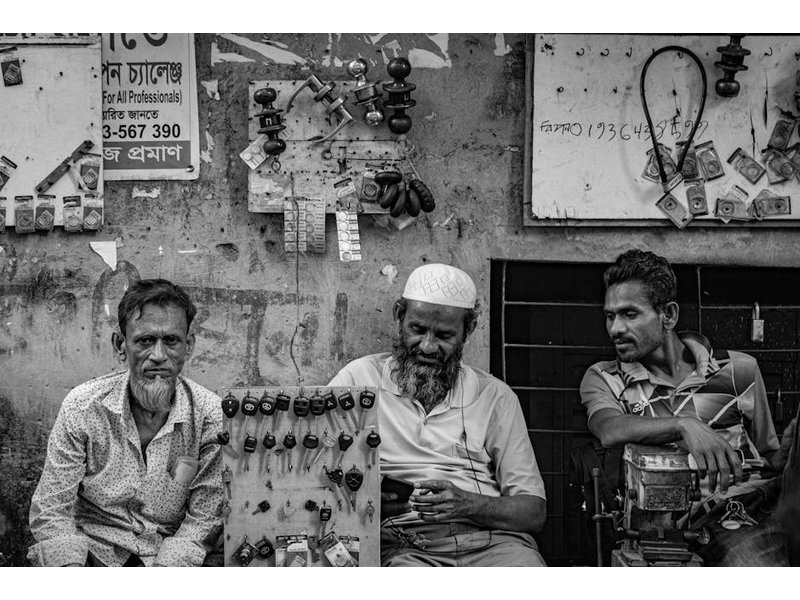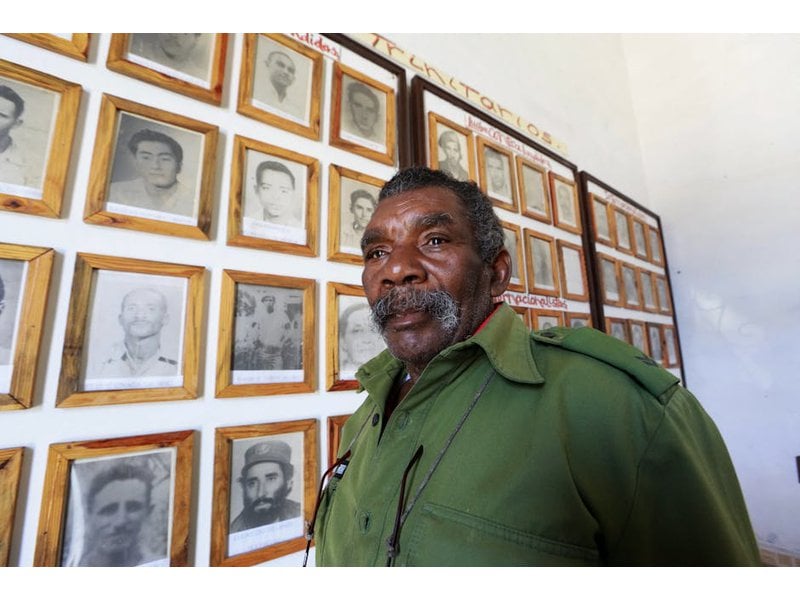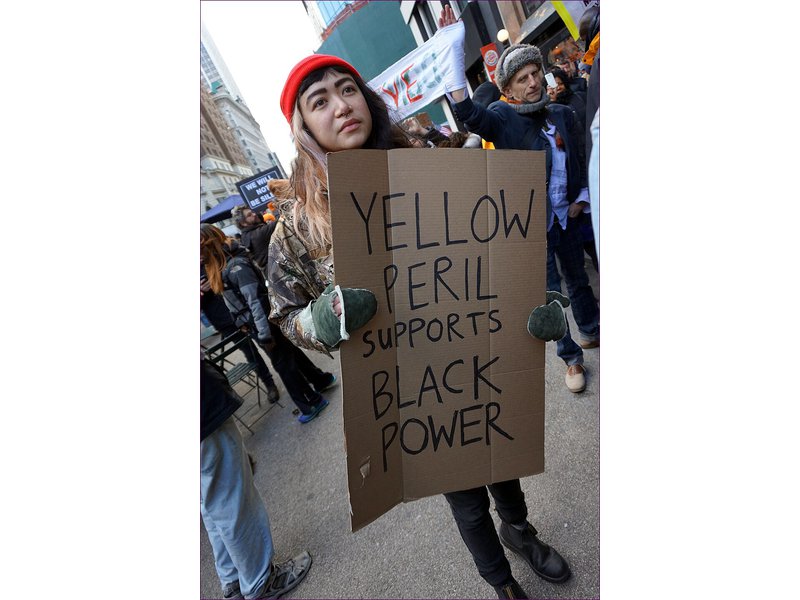121 refusal of public support
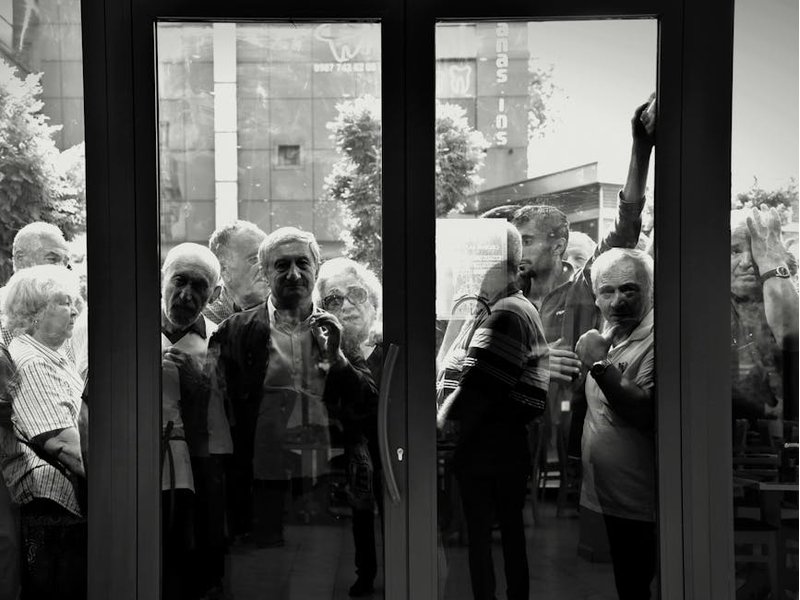
"There are political circumstances in which failure to express openly support for the existing regime and its policies becomes an act of political noncooperation. Under political conditions of organized unanimity and coerced enthusiasm, silence may often be dangerously noticeable. Even where the regime is not fully totalitarian, some individuals may be expected or ordered to express their public support for the regime; their refusal to do so may be regarded as an act of opposition. During the 1963 Buddhist struggle against the Diem regime in South Vietnam, for example, government-staged demonstrations of support for the regime failed, and at least once a general did not appear at an announced press conference at which he was to declare his support for government raids on Buddhist pagodas.18 It was clear that his “support” was not very enthusiastic."...
Potentially awesome partners
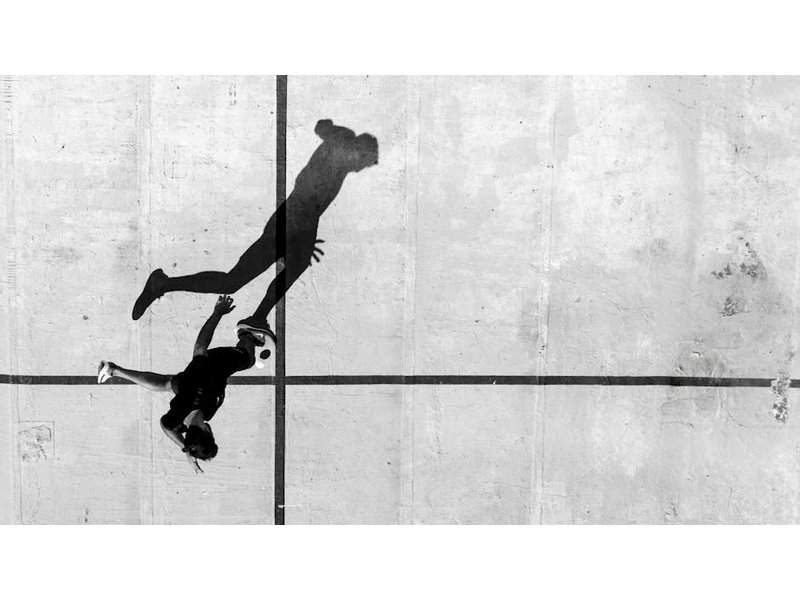

Potentially problematic matches
High scoring campaigns using this method
Historical cases from the Nonviolent Action Database that used this method
Indonesians overthrow President Suharto, 1998
“I have decided to quit as president.”- Indonesian President Suharto, 21st May 1998\n\nThese words echoed across Indonesia, as students who had been occupying parliament for the past three days fell to their knees; while others cheered around televis...
Love Canal residents campaign for clean environment, New York, USA, 1978-1980
In 1894, William T. Love started construction on a power canal in an area outside of Niagara Falls in upstate New York. Although the canal was never completed, the neighborhood of Love Canal was born and soon became a locus of major chemical companie...
East Germans protest for democracy (The Peaceful Revolution), 1988-90
In 1988, the German Democratic Republic (GDR) had been under Soviet rule for more than 40 years, and the Berlin Wall had stood erect for nearly 30. Strict Socialist rule meant extreme limits on speech and action. Travel outside the country was prohib...
French citizens and soldiers nonviolently defend against Algerian putsch, 1961
At the beginning of April 1961, after nearly seven years of war in Algeria as France tried to maintain its control there, French President Charles de Gaulle announced that he would begin negotiations with the Algerian nationalists and soon relinquish...
Defense of Soviet state against coup, 1991
Since assuming the role of General Secretary of the Communist Party of the Soviet Union in 1985, Mikhail Gorbachev pushed for a program of economic openness and political restructuring, prompting resistance and suspicion from hard-line members of the...
German citizens defend democracy against Kapp Putsch, 1920
In March 1920, Walther von Lüttwitz, a commanding general in the German army, and Wolfgang Kapp, a German provincial official (with the help of a few other German officials, such as Chief of Staff, General Hans von Seeckt and his collaborators in the...
Congolese Trade Unions' Confederation strikes for trade union independence, 1990
From September to October 1990, the Congolese Trade Unions’ Confederation (CSC) conducted several strikes aimed at ending privatization, increasing wages, achieving legal trade union independence, and stopping lay-offs. The CSC almost exclusively use...
Madagascar general strike in support of Marc Ravolomanana, 2002
Madagascar was officially proclaimed a colony of France in 1896, and gained independence in June 1960. For the first couple decades following independence, one-party rule and political turmoil, including violent and nonviolent struggle, characterized...
Plebeians campaign at Sacred Mount for economic and political rights, Ancient Rome, 494 BCE
The plebeians made up the majority of the citizen population of Ancient Rome and occupied the economic range anywhere below the ruling Patrician class and above the slave class. A Senate made up of 100 men from traditional patrician families and 200 ...
Ukrainian students hunger strike and protest against government, 1990
Dissatisfied with lack of democracy and the Soviet Union’s influence on their country, Ukrainian university students in L'viv established the Student Brotherhood in March of 1989. In December students in the capital city of Kiev formed the Ukrainian ...
Low scoring campaigns using this method
Historical cases from the Nonviolent Action Database that used this method
Belarusian citizens protest presidential election, 2006
On 19 March 2006, Belarus’ President Alexander Lukashenko won his third term in office. The citizens of Belarus, however, did not meet the announcement of Lukashenko’s 82.6% majority win with cheers. Rather, immediately after the Sunday election, opp...
Ohio citizens campaign to stop incinerator in East Liverpool 1991-1993
The Waste Technologies Industry, Inc. first proposed to build an incinerator in the floodplain of the Ohio River in East Liverpool, Ohio in 1977. Throughout the 1980s, the company battled with the local government officials and other regulatory agenc...
South Africans protest Mondi Paper's multi-fuel boiler, 2001-2006
Although apartheid formally ended in 1994, repercussions from apartheid-era laws and policies have continued to impact the lives of South Africans, especially those in poor and industrial communities. An example of black Africans' plight is the commu...
U.S. Homestead Steel workers strike to protect unions and wages, 1892
In 1889, workers at the Carnegie Company’s Homestead Works on the Monongahela River southeast of Pittsburgh, Pennsylvania forced the company to pay workers according to a sliding scale corresponding to the price of steel. This set up a correlation be...
Emelle residents protest Chemical Waste Management hazardous waste landfill 1978-1995
In 1978, Chemical Waste Management Inc. (CWM), a subsidiary of Waste Management Inc. (WMX), bought 300-acres of land near Emelle, Alabama for a hazardous waste landfill. Residents did not have the opportunity to protest the landfill prior to its cons...
Manchester workers campaign for economic equality and political representation (Peterloo Massacre), 1817-1820
The economic plight of the people of Manchester in the early eighteenth century was rooted in three major historical developments: the Industrial Revolution, the Napoleonic Wars, and the Corn Laws of 1804. The first solidified an enormous and conspic...
Belarusians protest against President Lukashenko's sixth term, 2020
Alexander Lukashenko first assumed office as the president of Belarus in 1994. In the years to follow, he consolidated his power through increasingly authoritarian rule. Although the government held presidential elections to re-appoint Lukashenko for...
